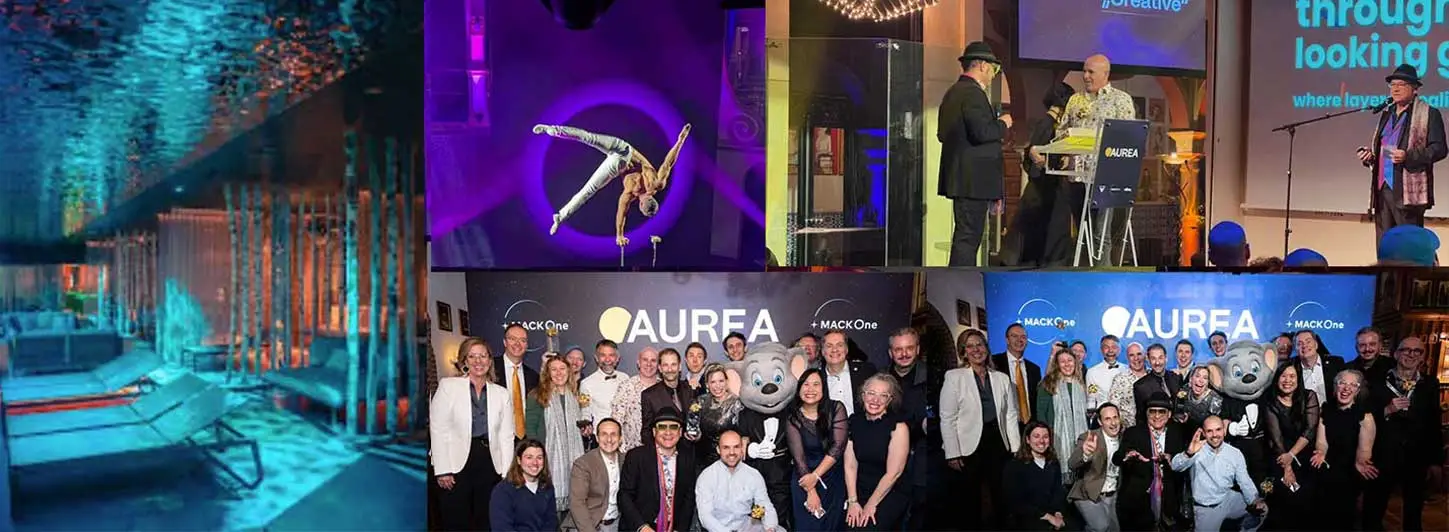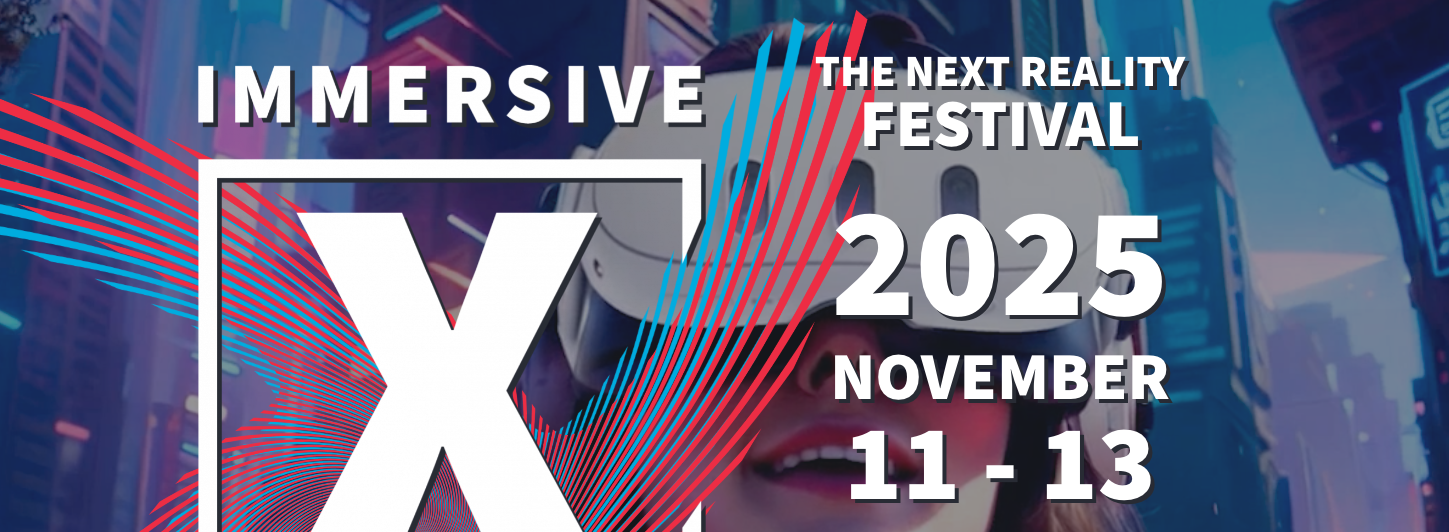2023 Metaverse Spectrum Business Conference – Julian Reyes
In this presentation, we explored and analyzed the evolution of metaverse platforms and the benefits that these virtual worlds provide businesses and brands.

2023 Metaverse Spectrum Business Conference – Julian Reyes
The Metaverse Spectrum Business Conference – “The Seeds of the Metaverse” – December 6th, online
In this presentation, we explored and analyzed the evolution of metaverse platforms and the benefits that these virtual worlds provide businesses and brands. We delineated the differences between Web2, Web3, and WebXR immersive worlds. Understanding the differences between these technologies is important to brands, investors, and marketers for their Metaverse business planning initiatives. We explored the virtual world landscape and organizations working to advance ethics and open standards. These efforts revealed business advantages such as improving marketing, collaboration, community building, and education through the implementation of an immersive strategy.


About the Conference
The conference places a special focus on AI’s role in enhancing the business metaverse. It provides coverage of both strategic and implementation issues relating to the business metaverse, and examines the growing impact of Web 3, AI, VR, and AR on the metaverse.




